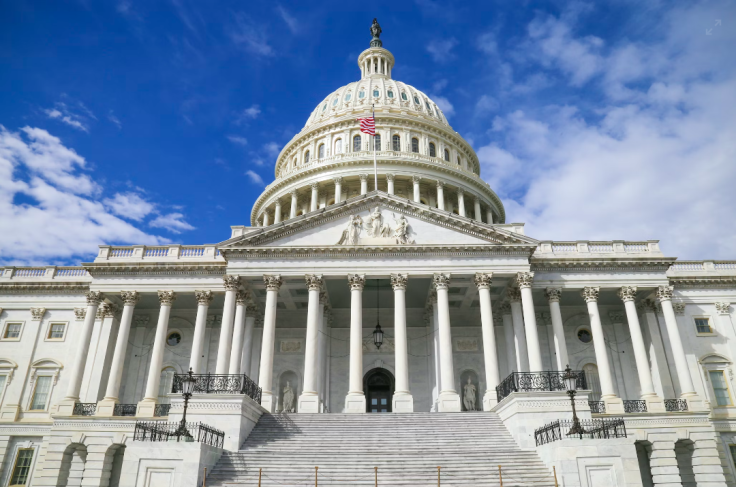News Update: House Republicans Criticize Harvard, MIT, Penn Presidents During Hearing on Campus Antisemitism
By
In a marathon four-hour hearing, House Republicans took center stage to criticize the leadership of three prestigious universities-Harvard, the University of Pennsylvania, and the Massachusetts Institute of Technology-for their handling of antisemitism on campus. While the primary focus was on addressing concerns related to antisemitism, the discussion frequently meandered into broader conservative critiques of higher education, exposing a deep-seated discontent among some lawmakers.
Higher Education Under Scrutiny
The hearing, hosted by the House Education and Workforce Committee, unfolded with Representative Virginia Foxx expressing her disillusionment with what she perceives as a failure in higher education. Foxx said that she does not refer to colleges or universities as 'higher education' because according to her, skills of the higher-order are not taught or learned. This sentiment set the tone for a series of critical exchanges throughout the session, with Republicans questioning the efficacy of higher education in fostering intellectual growth and promoting diversity of thought.
University Leaders Defend Policies
Harvard president Claudine Gay, University of Pennsylvania president Liz Magill, and Massachusetts Institute of Technology president Sally Kornbluth stood before the committee to defend their institutions' actions during a period of heightened tensions following the Israel-Hamas war. They emphasized their commitment to free expression, support for Jewish students, and ongoing diversity, equity, and inclusion programs. However, these programs became a target for Republicans, who asserted a connection between such initiatives and a reported increase in antisemitic incidents.
Representative Elise Stefanik, a Harvard graduate, accused Harvard of ranking the lowest in protecting Jewish students and called for the resignation of the university president. The hearing brought to light the complex challenge faced by university administrators in navigating the delicate balance between promoting free expression and ensuring the safety of students during times of heightened geopolitical tensions. With the Israel-Hamas conflict serving as a backdrop, colleges grappled with the challenge of supporting both Palestinian and Jewish students, leading to accusations from Republicans that the rise in antisemitism was linked to these efforts.
Republican Frustration Mounts
Throughout the hearing, a palpable frustration emanated from Republicans who perceived the university leaders' responses as evasive and insufficient. Accusations of a lack of ideological diversity among faculty members were coupled with demands for transparency regarding disciplinary actions against individuals involved in antisemitic incidents. Representative Brandon Williams went a step further, suggesting that federal intervention might be necessary if universities failed to address antisemitism adequately. Some Republicans even called for specific plans to confront antisemitism and questioned the financial aspects of these institutions, hinting at potential consequences if improvements were not made swiftly.
While both Democrats and Republicans acknowledged the importance of educating students about Jewish history, their approaches diverged. Republicans criticized universities for not offering enough Jewish history classes, while some Democrats suggested the implementation of general curriculum requirements to educate students about the Holocaust and the broader history of the Jewish people.
Academic Freedom vs. Hate Speech
The hearing underscored the inherent tension between the principles of academic freedom and the imperative to address hate speech on campus. University leaders reiterated the importance of free expression, with Gay stating, "What we seek is not simply free expression, but the reasoned dialogue that leads to truth and discovery." However, Republicans on the committee called for decisive action against antisemitic speech, raising fundamental questions about when speech crosses the line into hate speech and incitement to violence.
The hearing laid bare the intricate challenges faced by university administrators in navigating the fine line between promoting free expression and combating hate speech on campus. As geopolitical tensions persist and controversies surrounding antisemitism unfold, the debate over the role of higher education in addressing these issues is likely to continue. The contentious hearing serves as a reflection of the broader ideological battles taking place within the realm of academia and society at large.
RELATED ARTICLE: Presidents Of Top US Universities To Address Campus Antisemitism Issues Before Congress
© 2025 University Herald, All rights reserved. Do not reproduce without permission.








